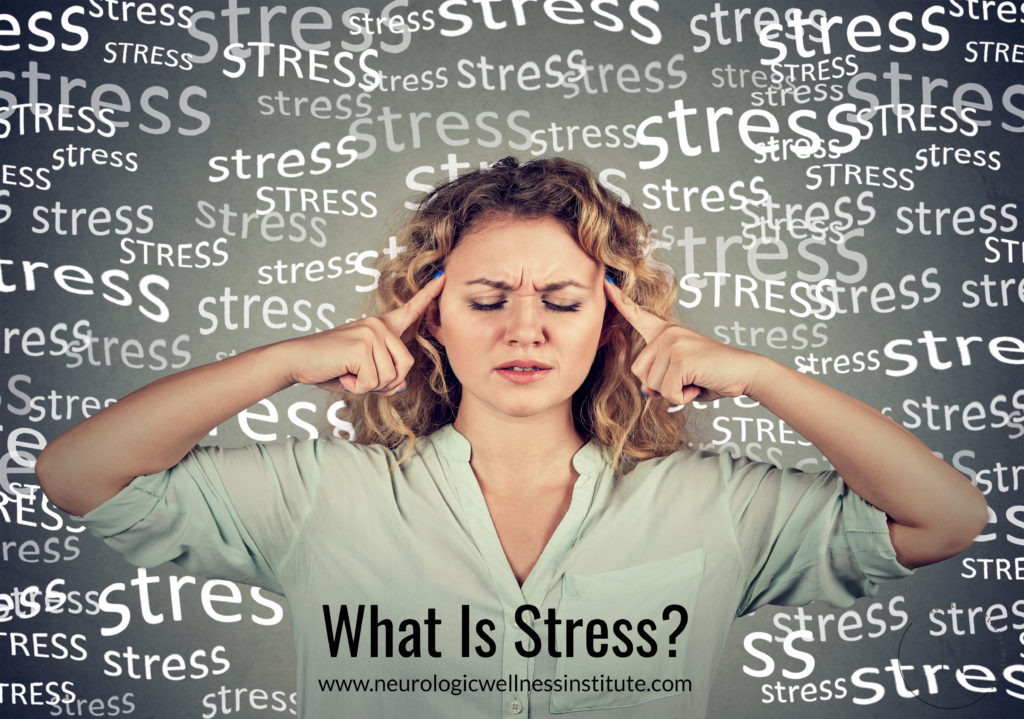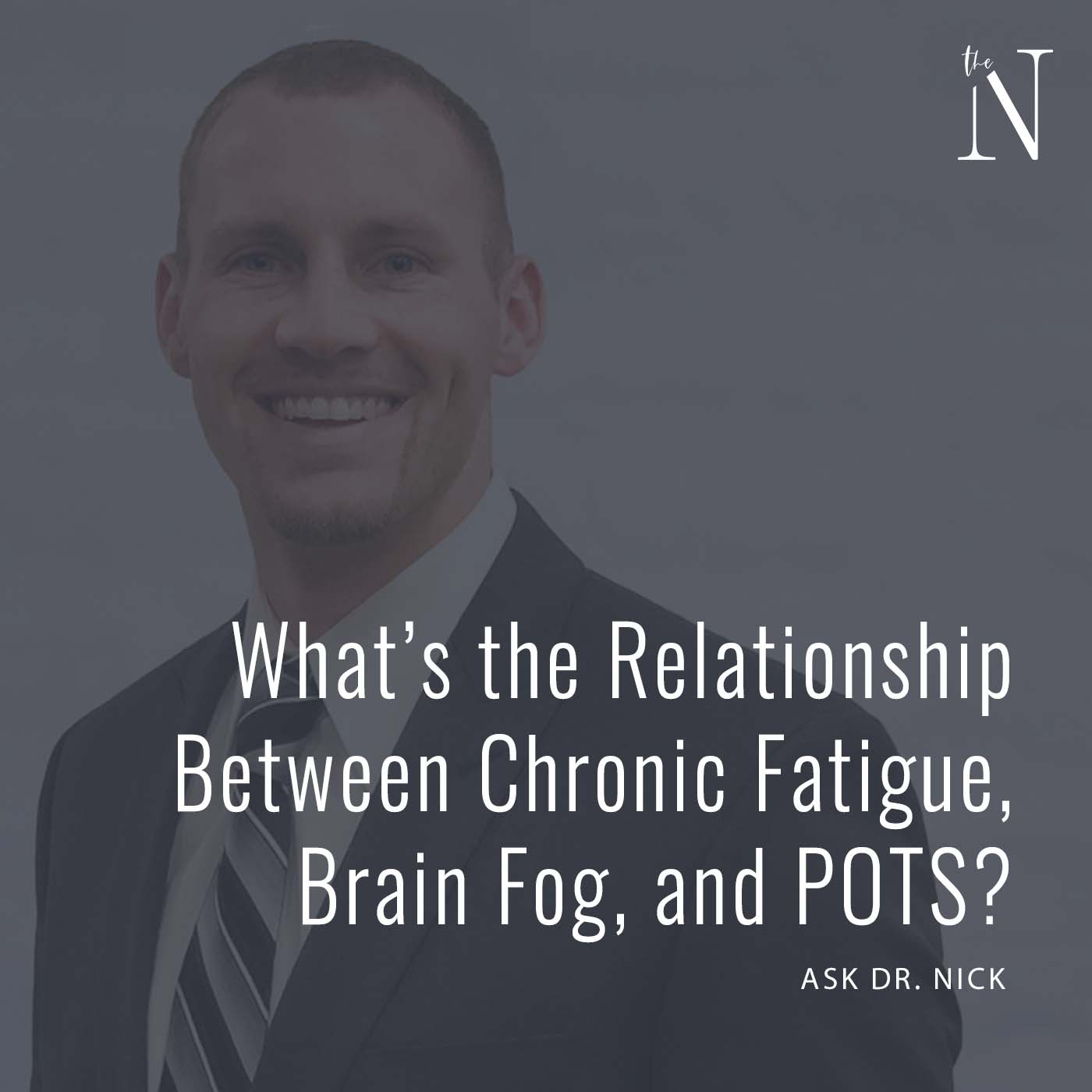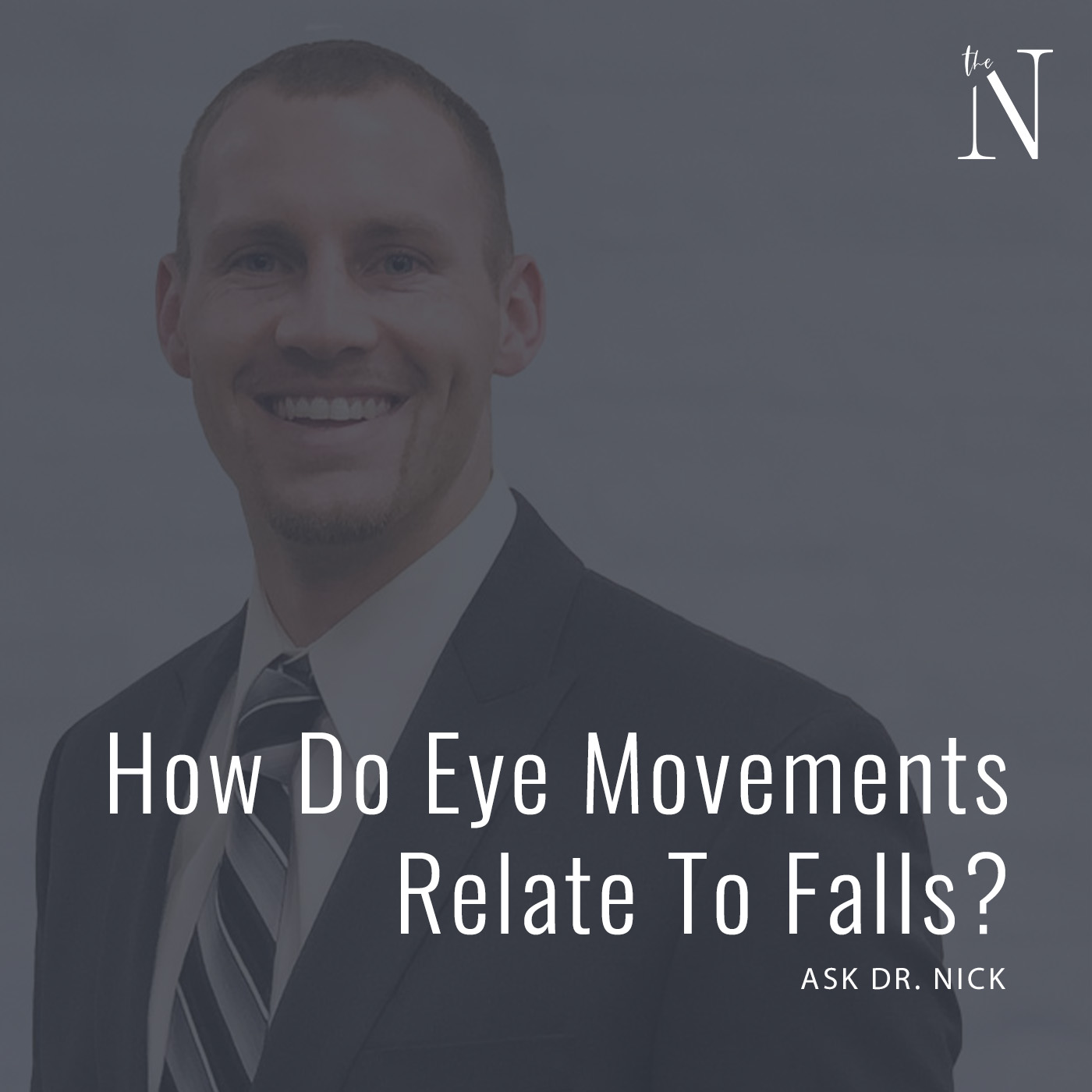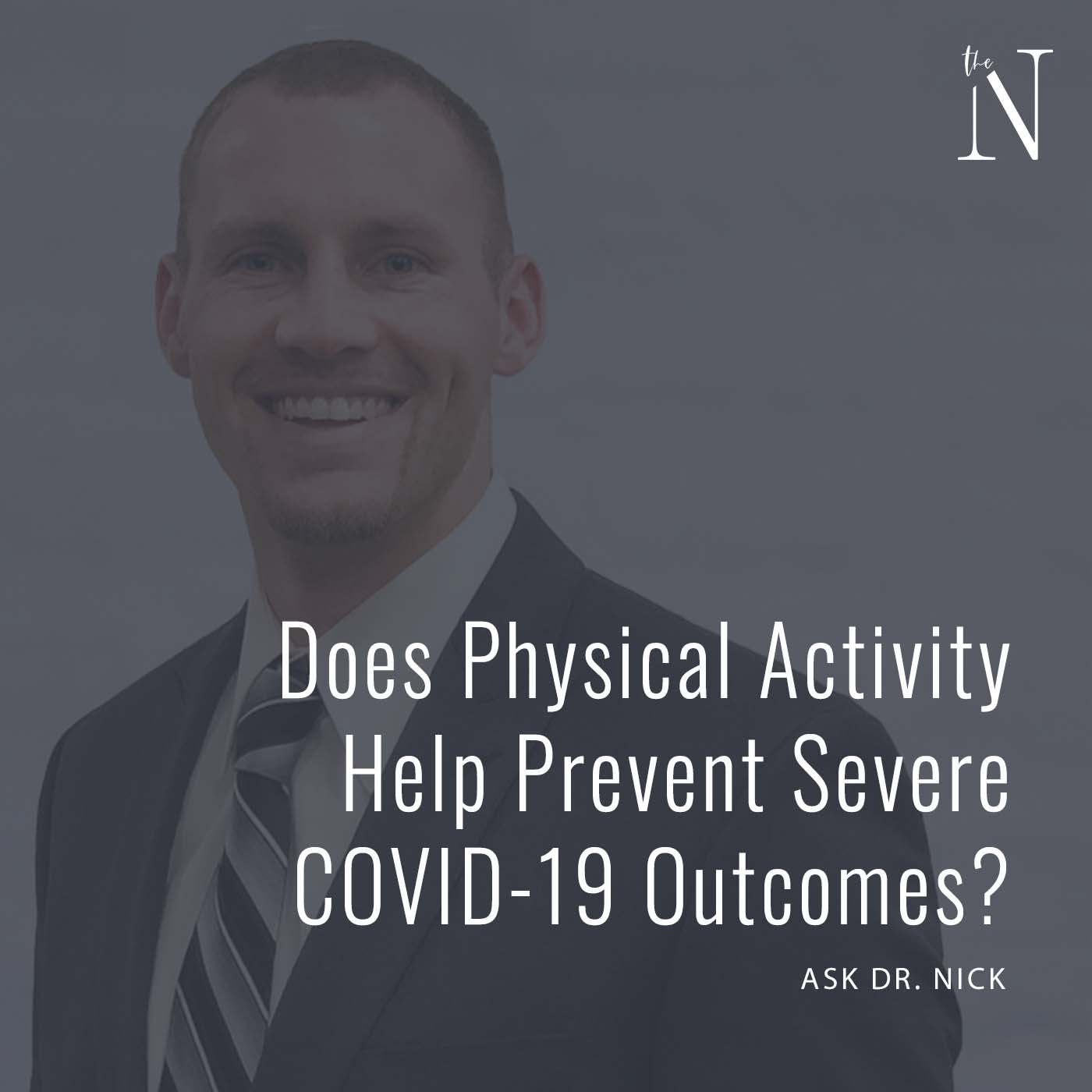
We use the word stress nonchalantly every day in the life, but what does the word stress really mean? Sometimes we use the word stress to describe experiences that can be positive or negative, which can be traumatic, can reflect just the daily grind of our lives such as work, traffic, bills, family obligations, etc. A certain level of stress on the human body and brain is necessary for survival and growth. However, too much stress whether that be one intense stressful experience or a long duration of constant stress can be toxic and damaging to both your brain and body.
What is Stress?
Good stress refers to the experience of rising to a challenge, taking a risk and feeling rewarded by an often positive outcome. Good stress allows us to have good self-esteem, have good impulse control, and have the ability to make good decisions. Even negative outcomes can be experiences of personal growth that can have a positive impact on your life and promote resilience in the face of adversity.
Tolerable stress refers to situations where bad things happen, but you can cope, often with the support of family and friends. These negative situations can also be growth experiences for those who develop a positive outlook on the situation that promotes resilience. This can be a death in the family, losing a job, financial difficulties, etc.
Toxic stress refers to situations where bad things happen and a person has limited support and has the inability to cope with the stressor. Toxic stress can cause impairment in impulse control and judgment and produce negative self-esteem. The inability to cope with toxic stress creates an unhealthy environment in your body and brain which may lead to subsequent illness.
The Brain and Stress
The brain is the most important object in our body when it comes to stress and responding to stress because it perceives and determines what is threatening, as well as the response to the stressor. Both the child and adult brain have an amazing ability to both structurally and functionally change in response to stressful experiences. Because the brain can physically change in response to stress, stress can cause an imbalance in the way the brain is physically connected and communicating to other areas in the body. This may lead to a negative impact on cognition and decision making leading to conditions such as anxiety or other mood disorders. This type of brain imbalance will also negatively impact the immune system, hormones, and organs such as the heart and gut. When the stressful event is over, this imbalance in the brain and the body can remain, despite the fact the external stressor is gone. Emerging therapies aimed at changing the function and structure of the brain are giving hope to those suffering from a wide range of symptoms due to the stress in their life.
Stress and Our Genes
Interactions between our genes and our environment are key to how your brain develops and changes with stressful experiences. The term “epigenetics” refers to the important role our social and physical environment plays in how our genetics shape our brain and body. Experiences early in life have been shown to have a long-lasting effect on how a person may handle stressful situations later in their adulthood based on how the genes have been altered.
How Can We Decrease Stress on the Brain and Body?
While there are events in our lives we cannot control, we can do our best to respond to these events with positive outlooks and with the viewpoint that all life experiences allows us an opportunity to grow and be better people. The more we can improve our sleep, have positive social interactions, promote a positive outlook on life, maintain a healthy diet, avoid smoking/alcohol/drugs, and remain physically active, the better we are equipping ourselves to deal with stress in our life. In the future, we believe a better understanding of the brain and how the brain functionally changes throughout our lives will be fundamental in both mental and physical health.
For more information on the type of conditions, our clinicians help with, schedule a consult with one of our patient care coordinators.
McEwen BS. Neurobiological and systemic effects of chronic stress. Chronic Stress. 2017.




